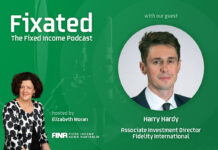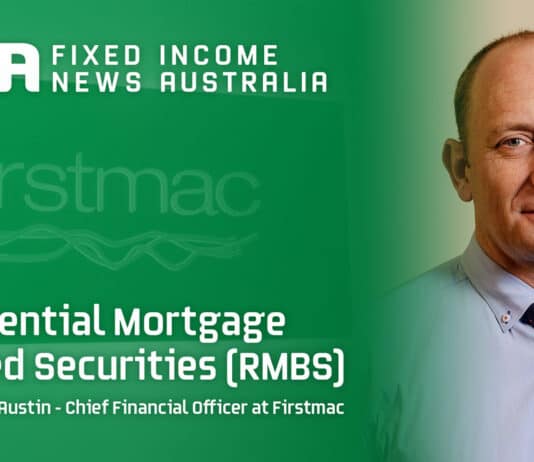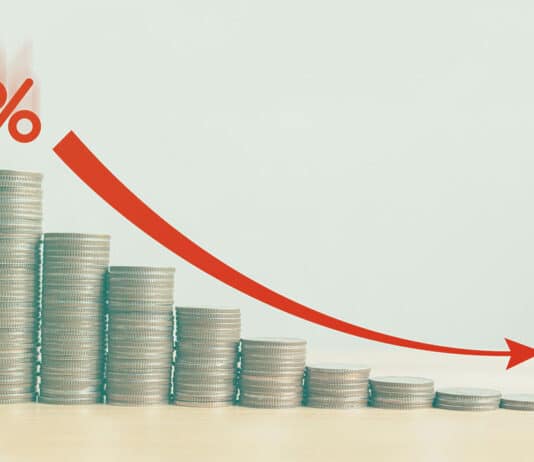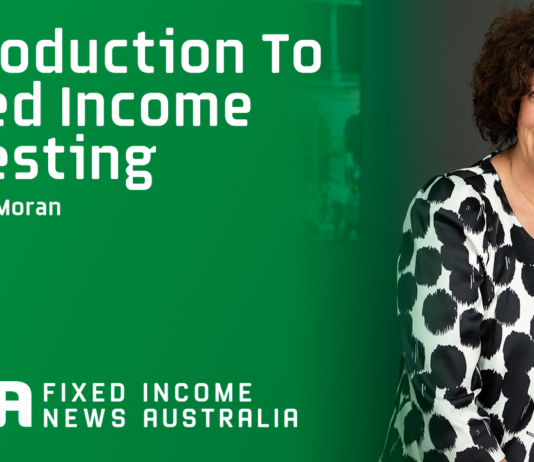Over the last decade, Australia's lending landscape has transformed. Gone are the days when the "big four" controlled the vast majority of Australians' credit...
The Australian bank capital note market has long been favored by income investors and is worth around $30 billion. Recent issues mean it's worth...
If you think of a spread as something to put on your toast, in other words something additional, a credit spread is the extra...
In this educational webinar, we sit down with James Austin, Chief Financial Officer at Firstmac, to deep-dive into the Residential Mortgage Backed Securities (RMBS)...
Interest rate duration is a key fixed income concept, as it measures the sensitivity of a bond’s price to changes in interest rates (or...
There are different levels of debt or bond investment in companies. The level that you invest in will be dependent on the risk you...
Residential Mortgage Backed Securities (RMBS) are securities that help financial institutions fund operations.
Simply, residential mortgages are pooled together and sold through a special purpose...
Returns on investments just keep getting lower. As cashed-up investors look to alternative investments, fixed income funds have been beneficiaries.
Fortunately, some funds have been...
Non-government debt, also known as credit or corporate bonds, is a key part of the broader fixed income universe. Historical performance data shows that credit...




































